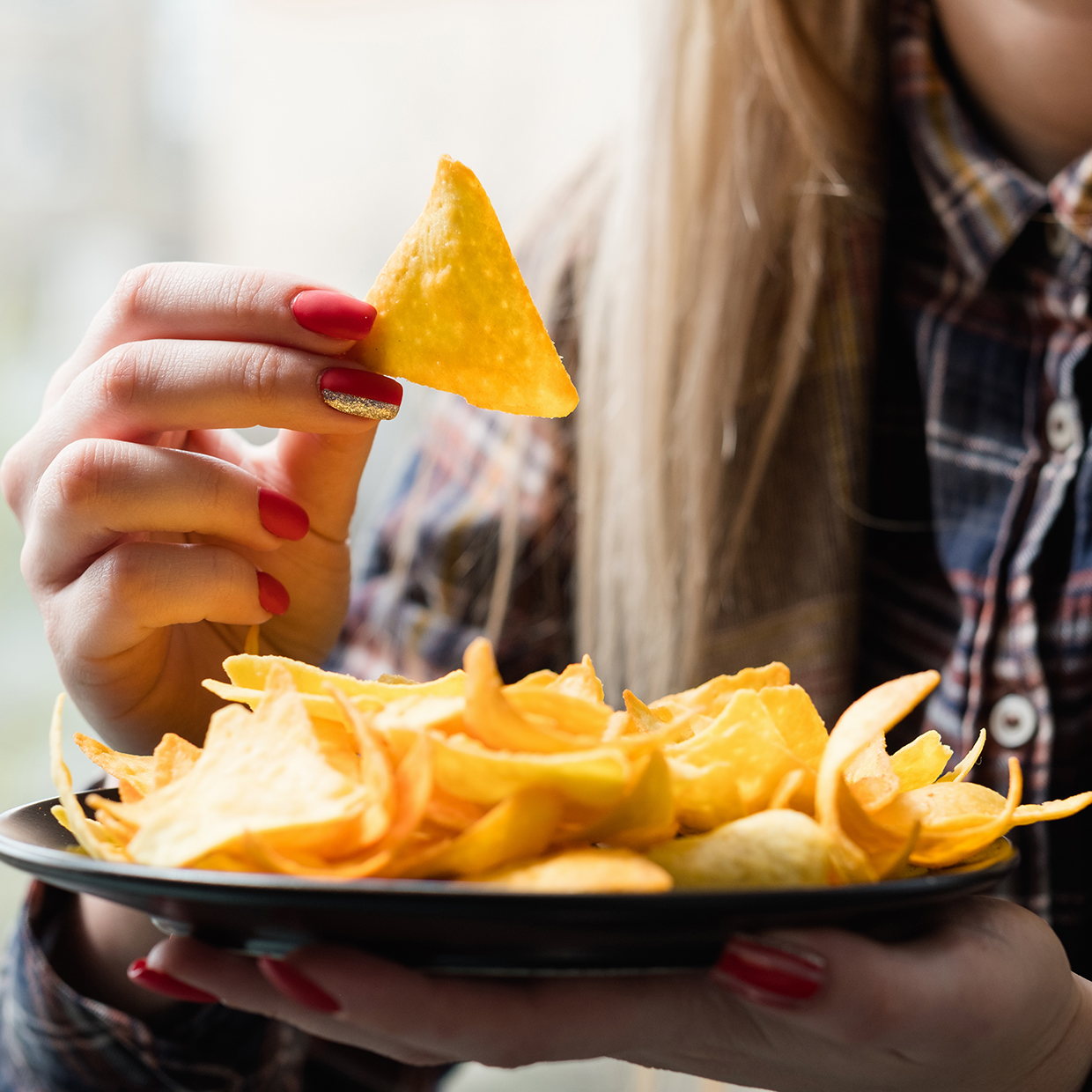The desire for sweet things
Some encounter them every day, while others have only made a fleeting acquaintance with them. Sometimes they come in the afternoon, but they are no stranger to a visit in the evening. And once they’ve made themselves comfortable, they are hard to get rid of. These persistent companions are known as cravings, and are the reason why we devour food. But do cravings cause us to prefer certain foods? And where do they come from in the first place? Are there any methods to prevent them? And if they really don’t want to leave, can a doctor help? We looked for answers to these questions and have several tips for you.

What are cravings?
Cravings are when we have a strong impulse to eat salty, fatty or sweet foods. Our body uses cravings to indicate that we are missing some important nutrients. Hormonal changes or illnesses can also cause cravings.
Where do cravings come from?
Youths often have cravings during growth spurts, women can experience them during pregnancy and we all know the feeling of devouring a chocolate bar out of frustration. Cravings for certain foods can have many different causes.
If we eat carbohydrate-rich foods, this has an impact on our blood sugar level. It rises rapidly and increases insulin release, which in turn causes our blood sugar to fall sharply. The result: hypoglycaemia and hunger return. Sometimes we believe we are hungry, when we are in fact thirsty. Our tip: drink a large glass of water and see if this is sufficient.
What are the different types of cravings?
Cravings for sweet foods and those rich in carbohydrates
The most common cravings are probably those for cake, chocolate or other sweet foods. In this case, our body realises it has a low blood sugar level and demands glucose in order to continue performing. Another cause of cravings could be a lack of serotonin. (This hormone, which impacts our mood, is known colloquially as the “happiness hormone”).
Cravings for salty foods
Cravings for salty foods may be an indicator of a more serious disease, such as increased blood pressure, diabetes or a thyroid dysfunction. Stressful personal circumstances or an unhealthy diet can also cause these cravings. A specific type of craving for salty foods is the pronounced desire for cheese, and we tend to suffer it in stressful phases of our lives, or when suffering a lack of calcium.
Cravings in the evening
These occur often when our bodies had to miss out on too many things during the day: the body is then stressed, releases cortisol and allows us to eat everything we can get our hands on.

How can I avoid cravings?
We have compiled a few simple tips and habits to help stop cravings, or even prevent them altogether.
Meals
Eating regularly helps prevent endless appetite. We recommend that you define specific times to eat and stick to them. Once your body has adapted to this process, your hunger pangs will regulate themselves.
Breakfast
It may be obvious, but breakfast should be one of your regular meals. It keeps your blood sugar level stable.
Are you looking for something special to eat in the morning? In our recipe collection, you will find countless healthy and delicious ideas for breakfast.
Beverages
We often mistake thirst for hunger. Therefore, always try to take a drink of water before you hastily grab a bite to eat.
Exercise
Sport burns calories, which is why we are often hungry afterwards. In the long-term, however, your training programme can actually curb your appetite. Regular exercise helps normalise your hunger pangs.

Proteins
A protein-rich diet comprising chicken, beans or curd cheese can help prevent your blood sugar level from rising and sinking dramatically, thereby ensuring you have more energy throughout the day.
Hot beverages
Instead of eating sweets or chocolate, drink a cup of tea. Particularly green tea or peppermint tea can help keep your appetite in check.

Consciousness
Confront your hunger and be honest with yourself. Do you want to eat chocolate or something sweet because you are stressed or unhappy? Become aware of what is causing your cravings and think about whether you really want to eat something. If you follow a regular meal schedule, you can answer this question by simply checking the time.
When should I visit a doctor with my cravings?
It is recommended to visit a doctor if the following circumstances apply:
- You have daily cravings.
- You are severely overweight.
- You have constant cravings, and therefore eat a lot, yet you lose weight. (You could be suffering from a thyroid dysfunction.)
- You always feel stressed and are nervous or anxious.
- You are subdued and depressed.
- You have cravings shortly before strong headaches and visual impairment occur.
- You have cravings and gastric distress, such as constipation or diarrhoea, and also suffer stomach pain.